Blackspot on a couple roses
icebird28
10 years ago
Related Stories

MODERN ARCHITECTUREHouzz TV: This Amazing Lake House Made a Couple’s Dream Come True
Step inside a dream home on Lake Austin, where architecture celebrating gorgeous views has a striking beauty of its own
Full Story
WEDDINGSHow One Couple Got a Perfectly Intimate Backyard Wedding
Vintage pieces, natural materials and close family and friends are an ideal combination for a Pittsburgh couple
Full Story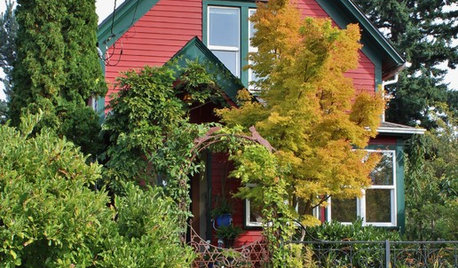
HOUZZ TOURSMy Houzz: A Musical Couple's Home Strikes a Personal Chord
Light, glass and many musical instruments animate this 1905 bucolic Washington farmhouse
Full Story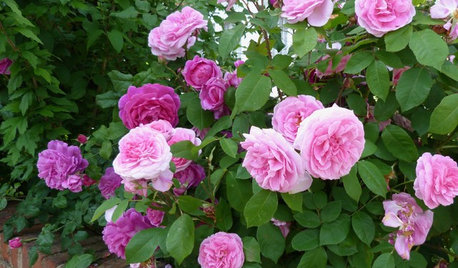
GARDENING GUIDESWhat Kind of Roses Should You Grow?
Want to add the beauty of roses to your garden? Find out which ones, from old-fashioned to modern, are right for you
Full Story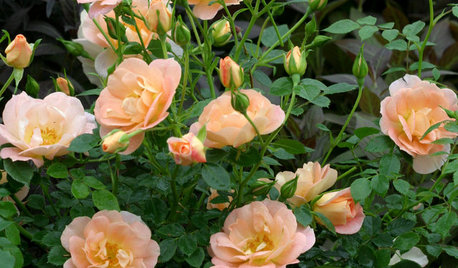
GARDENING GUIDES6 Wonderfully Easy Roses for Any Gardener
Look like an expert even if you're just starting out, with these low-maintenance gems of the rose world
Full Story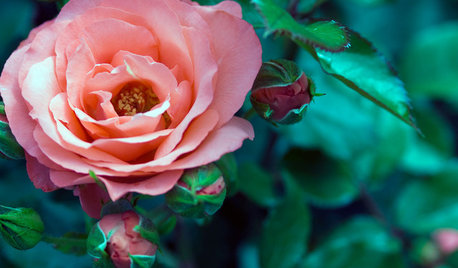
GARDENING GUIDESLearn the Secret to Bigger and Better Roses
Grow beautiful roses using both ordinary and unusual soil amendments
Full Story
GARDENING GUIDESGreat Design Plant: Rosa Banksiae a Low-Maintenance Beauty
This thornless, disease- and insect-resistant rose brings showers of white or yellow flowers to the spring garden
Full Story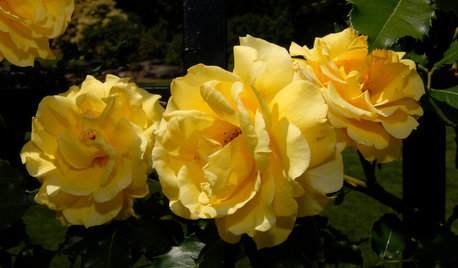
GARDENING GUIDES5 Favorite Yellow Roses for a Joyful Garden
Make 'cheery' the name of your garden game when you order your roses sunny side up
Full Story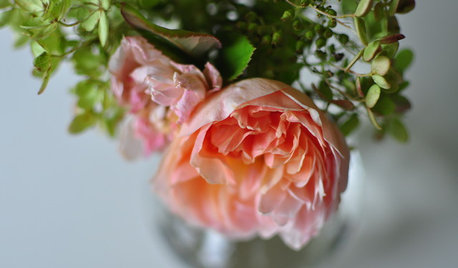
GARDENING GUIDESRoses: Crowning Touch of Gardens
Whether you're the Miss or Mister America of gardening or take a hands-off approach, roses can be a winning addition to your landscape
Full Story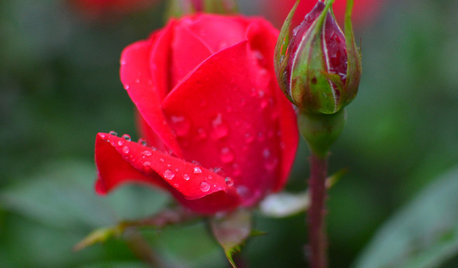
GARDENING GUIDESGreat Design Plant: Knock Out Roses
As glorious as their high-maintenance kin for a fraction of the work, Knock Out roses make even beginners look like garden stars
Full StorySponsored
Columbus Design-Build, Kitchen & Bath Remodeling, Historic Renovations
More Discussions







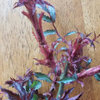
joshtx
bart_2010
Related Professionals
Barrington Hills Landscape Architects & Landscape Designers · La Marque Landscape Architects & Landscape Designers · Montgomeryville Landscape Architects & Landscape Designers · Oconomowoc Landscape Architects & Landscape Designers · Cincinnati Landscape Contractors · Darien Landscape Contractors · Florham Park Landscape Contractors · Fruit Heights Landscape Contractors · Lake Worth Landscape Contractors · Middletown Landscape Contractors · Miller Place Landscape Contractors · Morrisville Landscape Contractors · Mount Sinai Landscape Contractors · Shafter Landscape Contractors · San Pablo Landscape Contractorsdublinbay z6 (KS)
ms. violet grey
henry_kuska
joshtx
henry_kuska
bart_2010
icebird28Original Author
vasue VA